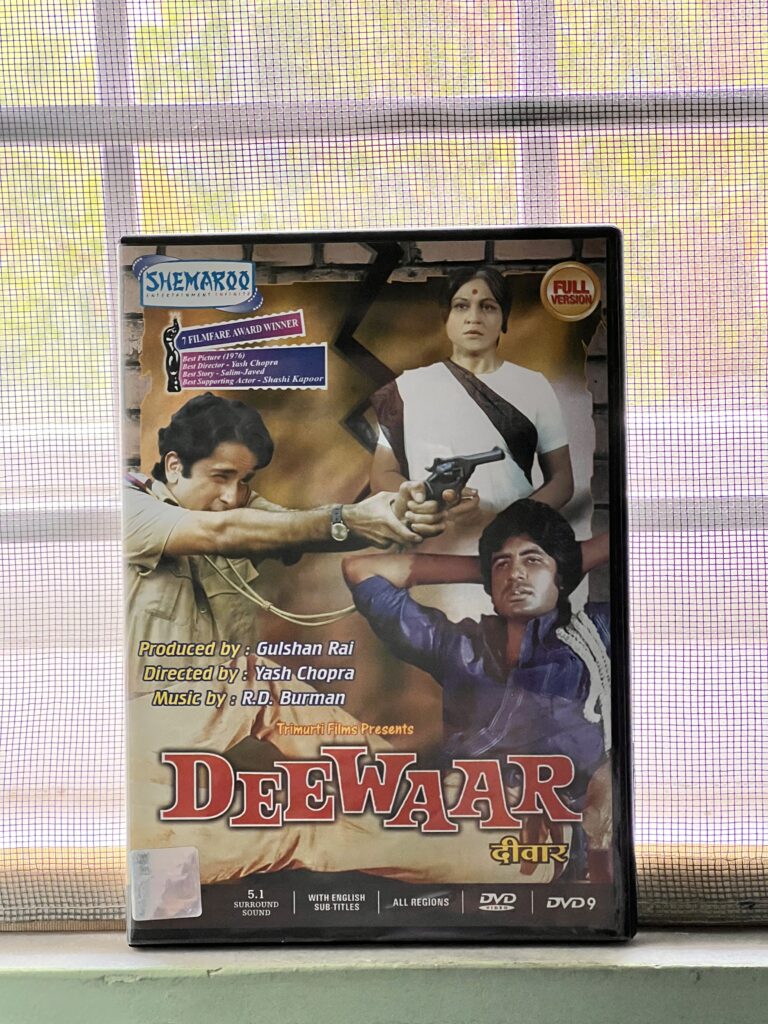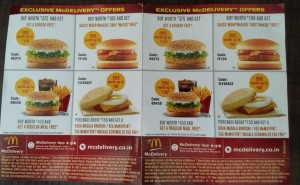
“Deewar” is a classic Bollywood film released in 1975, directed by Yash Chopra and written by the renowned screenwriting duo Salim-Javed. The movie revolves around the story of two brothers, Vijay (played by Amitabh Bachchan) and Ravi (played by Shashi Kapoor), who find themselves on opposite sides of the law, with their mother (played by Nirupa Roy) in between.
One of the notable aspects of “Deewar” is the powerful portrayal of the angry young man persona projected by Salim-Javed and Amitabh Bachchan. Amitabh Bachchan’s performance as Vijay is captivating and intense, showcasing his ability to bring out the complex emotions and conflicts of the character. The film explores the turbulent milieu of the time it was made, capturing the societal issues and conflicts prevalent in Indian society.
The film’s narrative is driven by the terrific blending of love for one’s mother sentiment, which serves as a strong emotional anchor throughout the story. This sentiment is highlighted through the character of Vijay, who has a deep affection and respect for his mother. The dialogues in “Deewar” are iconic and have become part of Indian cinematic folklore, with lines such as “Mere paas maa hai” (I have my mother) becoming highly memorable.
From a management perspective, the character of Vijay offers several interesting pointers to entrepreneurism and leadership. In the iconic scenes where a younger Vijay refuses to take money thrown at him and demands control over planning and execution in his first assignment, the film portrays a sense of assertiveness and self-confidence that are often important traits in entrepreneurship. Vijay’s character represents the determination and drive of an entrepreneur who aims for success on his own terms.
However, the film also presents a cautionary tale for entrepreneurs who grow too fast and lose sight of their moral compass. Vijay is forced to reassess his progress and methods, and it is his mother’s values that guide him in his decision-making. This emphasizes the importance of core values in guiding entrepreneurs and their businesses when faced with difficult choices or crossroads. While in the case of Vijay, the outcome is fatal due to the nature of his criminal activities, in real life, entrepreneurs can use their core values as a compass to navigate challenging situations and make ethically sound decisions.
“Deewar” is a masterpiece of Indian cinema, combining powerful performances, a compelling narrative, and memorable dialogues. It successfully explores themes of family, love, and morality while also offering valuable insights into entrepreneurship and leadership.



